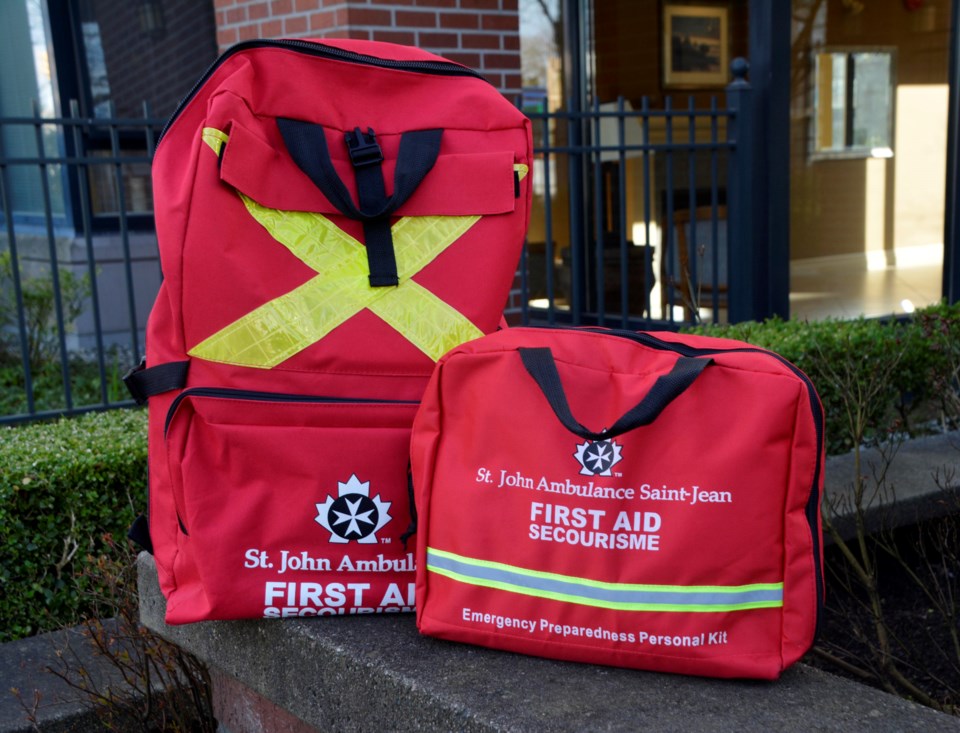Do you know what you need to do if a natural disaster happens suddenly?
St. John Ambulance BC & Yukon is pushing for all British Columbians to make sure they are prepared for emergencies that can happen at any time during this year's Emergency Preparedness Week.
From May 2 to 8 everyone is encouraged to reflect on how prepared they are for the risks in their area.
According to 2019 survey done by Research Co., only 39 per cent of B.C. residents have a prepared plan when a natural disaster hits. This includes wildfires, earthquakes, floods and storms.
Christopher Chan, first aid instructor with St. John Ambulance & Yukon said people can be better prepared for emergencies by following three steps: make a plan, purchase or build an emergency preparedness kit and get first aid training.
"With those three steps in place, you will gain an increased confidence to be able to protect yourself as well as your loved ones in the event of an emergency that may keep you trapped in your home or force you to evacuate," said Chan.
An emergency plan should include details such as how to deal with potential hazards inside and outside your home, safe exits from your home, a meeting place for your household, out-of-town emergency contact information, pet care and more.
During an emergency, it is important to make sure there is an emergency kit filled with supplies that can last for a minimum of 72 hours. Supplies include food, water, a first aid kit, a wind-up or battery-powered flashlight, a radio and other necessities.
St. John Ambulance also encourages everyone to have first aid training, in which people can learn the crucial skills of CPR and how to treat injuries.
Ralph Smith, a St. John Ambulance medical first responder, has volunteered in Kamloops for more than a decade said being prepared "just makes good sense."
"It is our responsibility to ourselves and our families to look out for our safety and well-being," said Smith.
"The risks of not being prepared can include loss of property, belongings, potential injury to family members, friends, (and) even pets."


